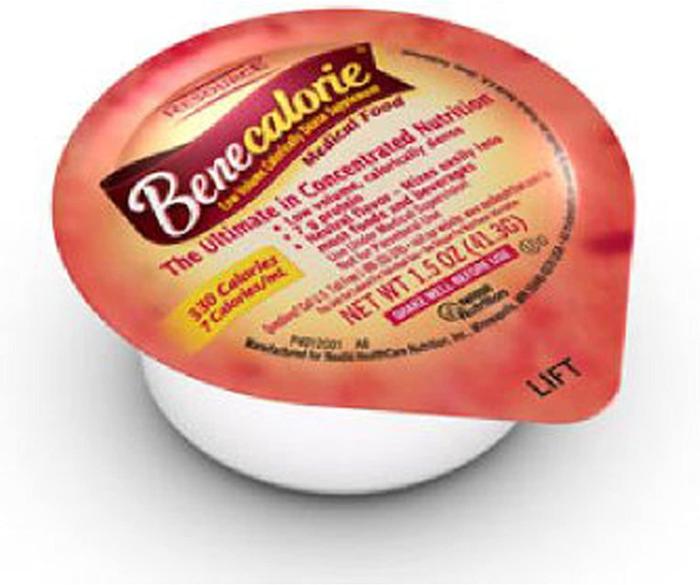How many benecalorie a day – How many benecalories a day is a question that has been asked by many people who are trying to lose weight or gain weight. The answer to this question depends on a number of factors, including age, gender, activity level, and overall health.
In this article, we will discuss the basics of calorie intake, the definition of benecalories, the recommended daily intake of benecalories, and methods for tracking benecalorie intake.
The content of the second paragraph that provides descriptive and clear information about the topic
Calorie Intake Basics
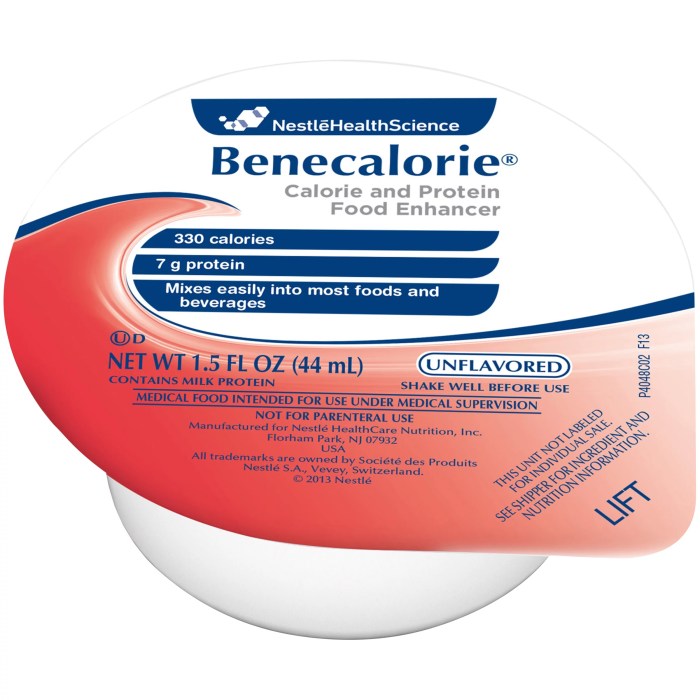
Calories are units of energy that measure the amount of energy a food or drink provides. They are essential for our bodies to function properly, providing the energy we need to move, breathe, and perform other vital functions. The amount of calories we need each day depends on several factors, including our age, gender, activity level, and overall health.
Difference Between Calories and Kilocalories
The term “calorie” is often used interchangeably with “kilocalorie” (kcal). However, there is a slight difference between the two. A calorie is the amount of energy required to raise the temperature of one gram of water by one degree Celsius.
A kilocalorie is equal to 1,000 calories. In the context of food and nutrition, the term “calorie” typically refers to a kilocalorie.
High-Calorie and Low-Calorie Foods
Foods that are high in calories are typically those that are rich in fat and/or sugar. Examples of high-calorie foods include:
- Processed snacks (e.g., chips, cookies)
- Fried foods (e.g., french fries, chicken nuggets)
- Sugary drinks (e.g., soda, juice)
- Fatty meats (e.g., bacon, sausage)
- Dairy products (e.g., cheese, butter)
Foods that are low in calories are typically those that are high in water and fiber. Examples of low-calorie foods include:
- Fruits (e.g., apples, bananas)
- Vegetables (e.g., broccoli, carrots)
- Lean protein (e.g., chicken, fish)
- Whole grains (e.g., brown rice, quinoa)
- Legumes (e.g., beans, lentils)
Benecalorie Definition
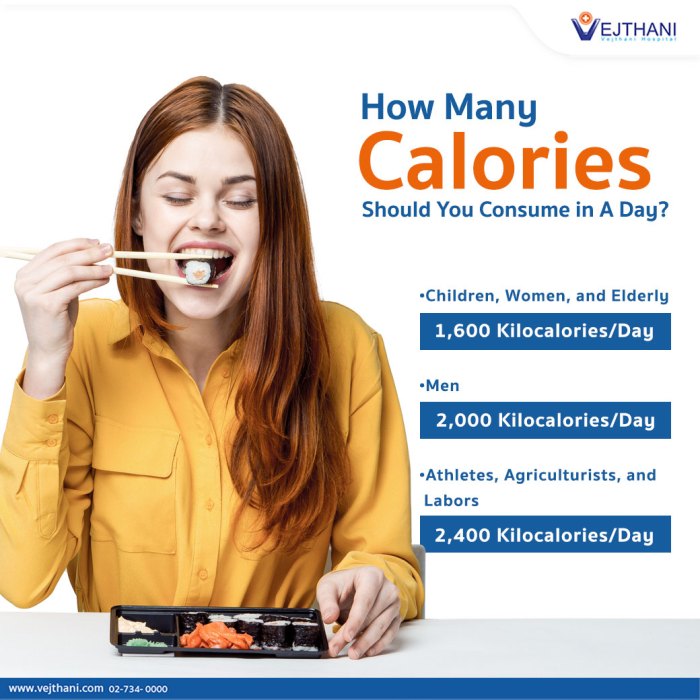
A benecalorie is a unit of energy used to measure the nutritional value of foods. It was originally developed by the Benecalorie Company in the 1970s as a way to quantify the energy content of their line of nutritional supplements.
Benecalories are not the same as regular calories. Regular calories measure the total amount of energy in a food, while benecalories measure only the energy that is available to the body. This is because some of the energy in food is lost during digestion and metabolism.
Nutritional Value of Benecalories
Benecalories are a good source of energy for the body. They are quickly absorbed and can be used for immediate energy or stored for later use. Benecalories are also a good source of vitamins and minerals, including calcium, iron, and vitamin D.
Examples of Benecalorie-Rich Foods
Some examples of benecalorie-rich foods include:
- Milk
- Yogurt
- Cheese
- Eggs
- Meat
- Fish
- Whole grains
- Fruits
- Vegetables
Recommended Benecalorie Intake: How Many Benecalorie A Day
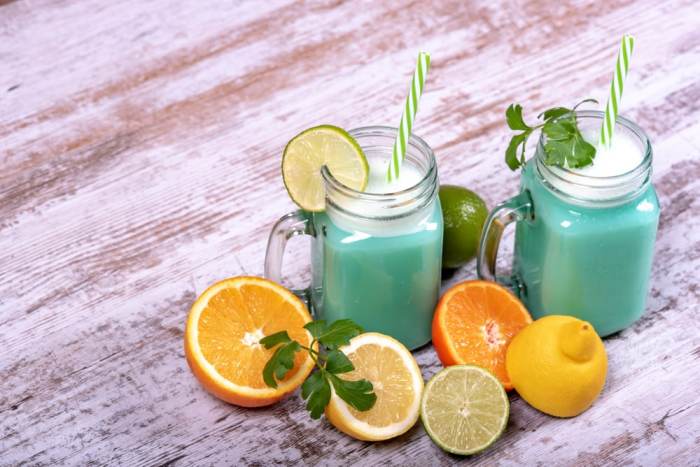
Determining the optimal daily benecalorie intake requires careful consideration of individual factors that influence energy needs. These factors include age, gender, activity level, and overall health status.
General guidelines provide a range of recommended daily benecalorie intake for different population groups. However, it is crucial to consult a healthcare professional for personalized recommendations based on individual circumstances and specific dietary needs.
Age
Energy requirements typically decrease with age due to reduced physical activity and metabolic rate. As a result, older adults may require a lower daily benecalorie intake compared to younger individuals.
Gender
On average, men tend to have higher energy needs than women due to greater muscle mass and physical activity levels. Therefore, men may require a higher daily benecalorie intake than women.
Activity Level
Individuals with active lifestyles or physically demanding occupations have increased energy expenditure and require a higher daily benecalorie intake to maintain weight and energy levels.
Methods for Tracking Benecalorie Intake
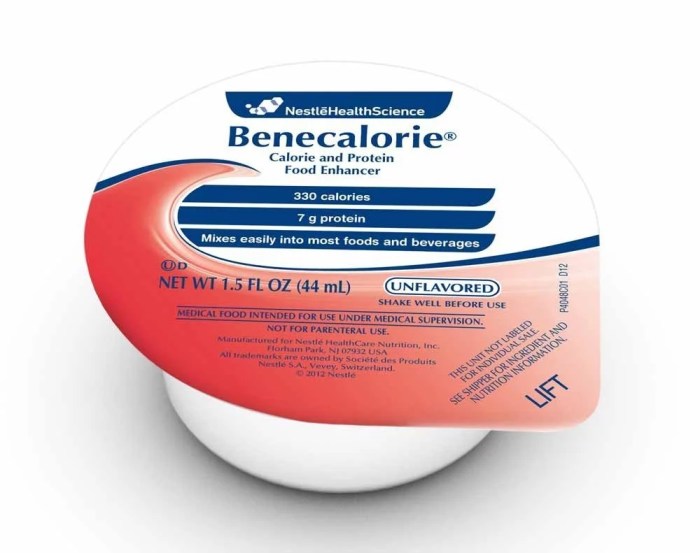
Tracking your benecalorie intake is essential for ensuring you meet your recommended daily intake. Several methods are available, each with its advantages and disadvantages.
Food Diaries
Food diaries involve manually recording everything you eat and drink throughout the day. This method provides a detailed account of your intake but can be time-consuming and prone to errors.
Calorie-Counting Apps
Calorie-counting apps allow you to input your food and drink intake and track your calories and benecalories. These apps offer convenience and access to food databases, but accuracy depends on the accuracy of your entries.
To maintain a healthy weight, it’s important to monitor your daily calorie intake. A general guideline suggests consuming around 2,000 benecalories per day. This amount may vary depending on factors like age, activity level, and metabolism. If you’re looking for more information on this topic, check out this article . It provides insights into how to calculate your daily benecalorie needs and maintain a balanced diet.
Registered Dietitian Consultation
Consulting with a registered dietitian can provide personalized guidance on tracking your benecalorie intake. Dietitians can assess your individual needs and recommend appropriate methods for monitoring your intake.
Benecalorie Supplementation
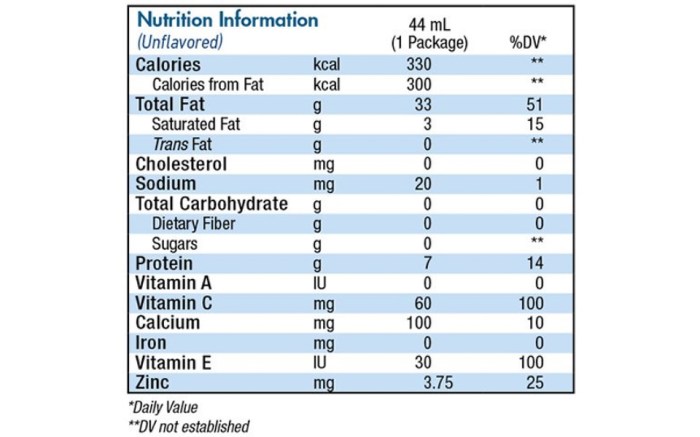
Benecalorie supplementation is a valuable strategy for individuals facing weight gain challenges, malnutrition, or specific medical conditions that impair nutrient absorption or increase calorie needs.
Benecalorie supplements come in various forms, including oral liquids, powders, and bars, each with its own advantages and uses. Selecting and using these supplements safely and effectively requires careful consideration.
Types of Benecalorie Supplements, How many benecalorie a day
Oral Liquids:Convenient and easy to consume, providing a concentrated source of calories in a liquid form. They are often used for individuals with difficulty chewing or swallowing.
Powders:Can be mixed with beverages or foods, offering flexibility in calorie intake and meal planning. They are a good option for individuals who prefer to incorporate calories into their regular diet.
Bars:Portable and easy to eat on the go, providing a convenient source of calories and nutrients. They are suitable for individuals who need a quick and easy way to boost their calorie intake.
Selecting and Using Benecalorie Supplements Safely and Effectively
When selecting benecalorie supplements, consider the individual’s calorie needs, dietary preferences, and medical conditions. It is crucial to consult with a healthcare professional or registered dietitian for personalized guidance.
Follow the recommended dosage and instructions carefully to avoid potential side effects. Benecalorie supplements should be used as a complement to a healthy diet and not as a substitute for regular meals.
Question Bank
What are benecalories?
Benecalories are a type of calorie that is found in certain foods and drinks. They are similar to regular calories, but they are more easily absorbed by the body.
How many benecalories do I need each day?
The recommended daily intake of benecalories varies depending on age, gender, activity level, and overall health. However, most adults need between 1,800 and 2,200 benecalories per day.
What are some good sources of benecalories?
Some good sources of benecalories include whole grains, fruits, vegetables, and dairy products.
